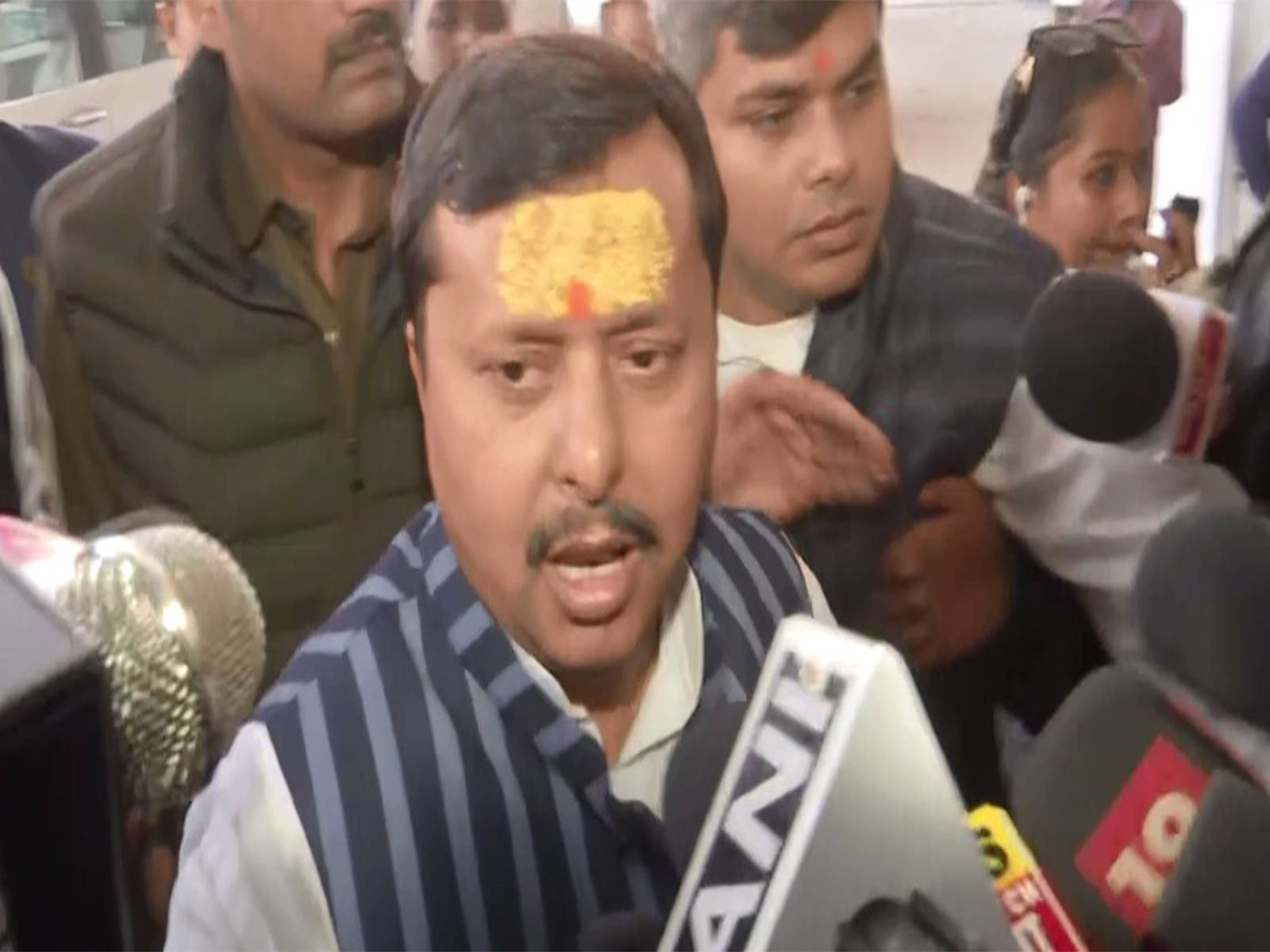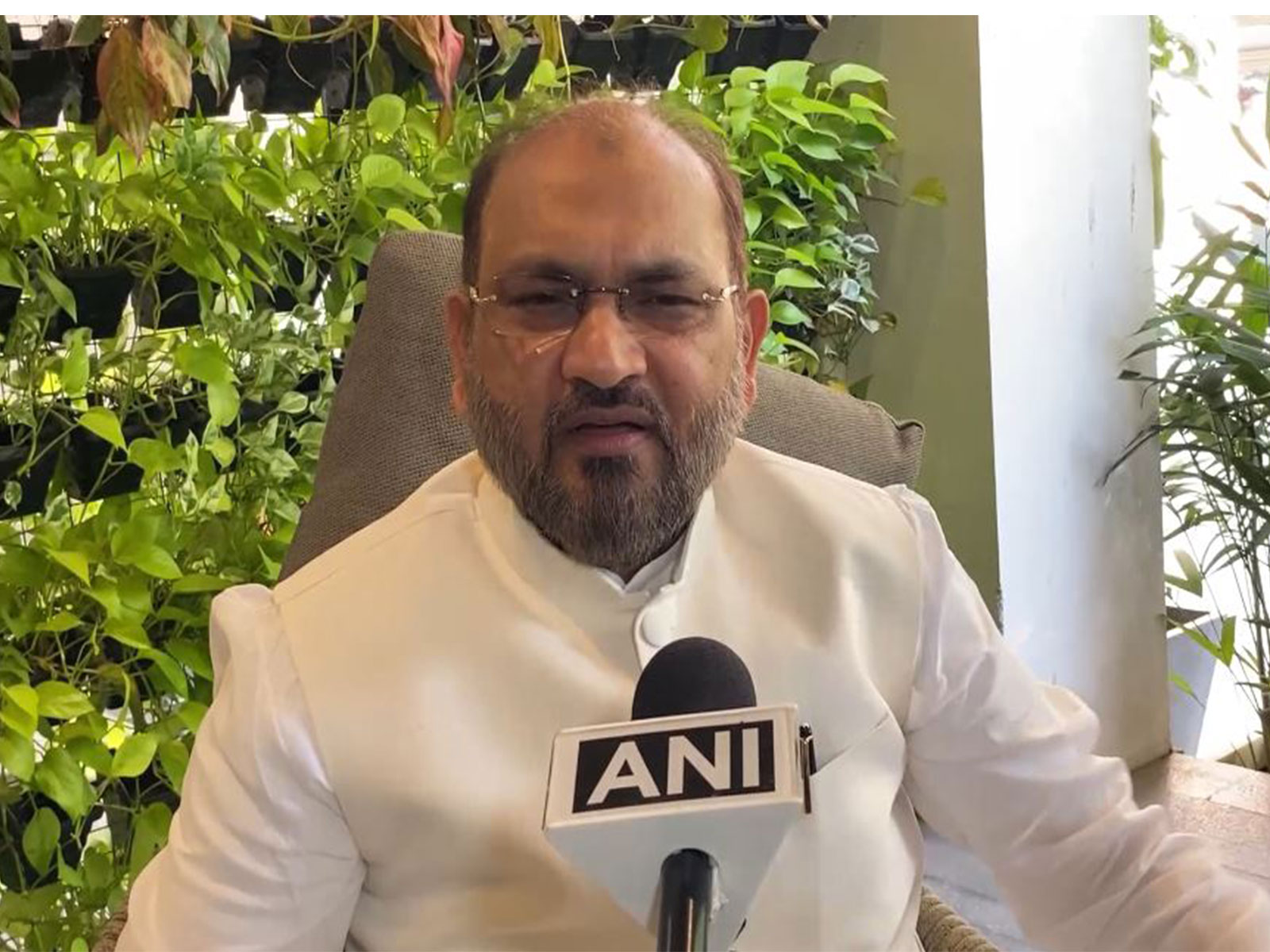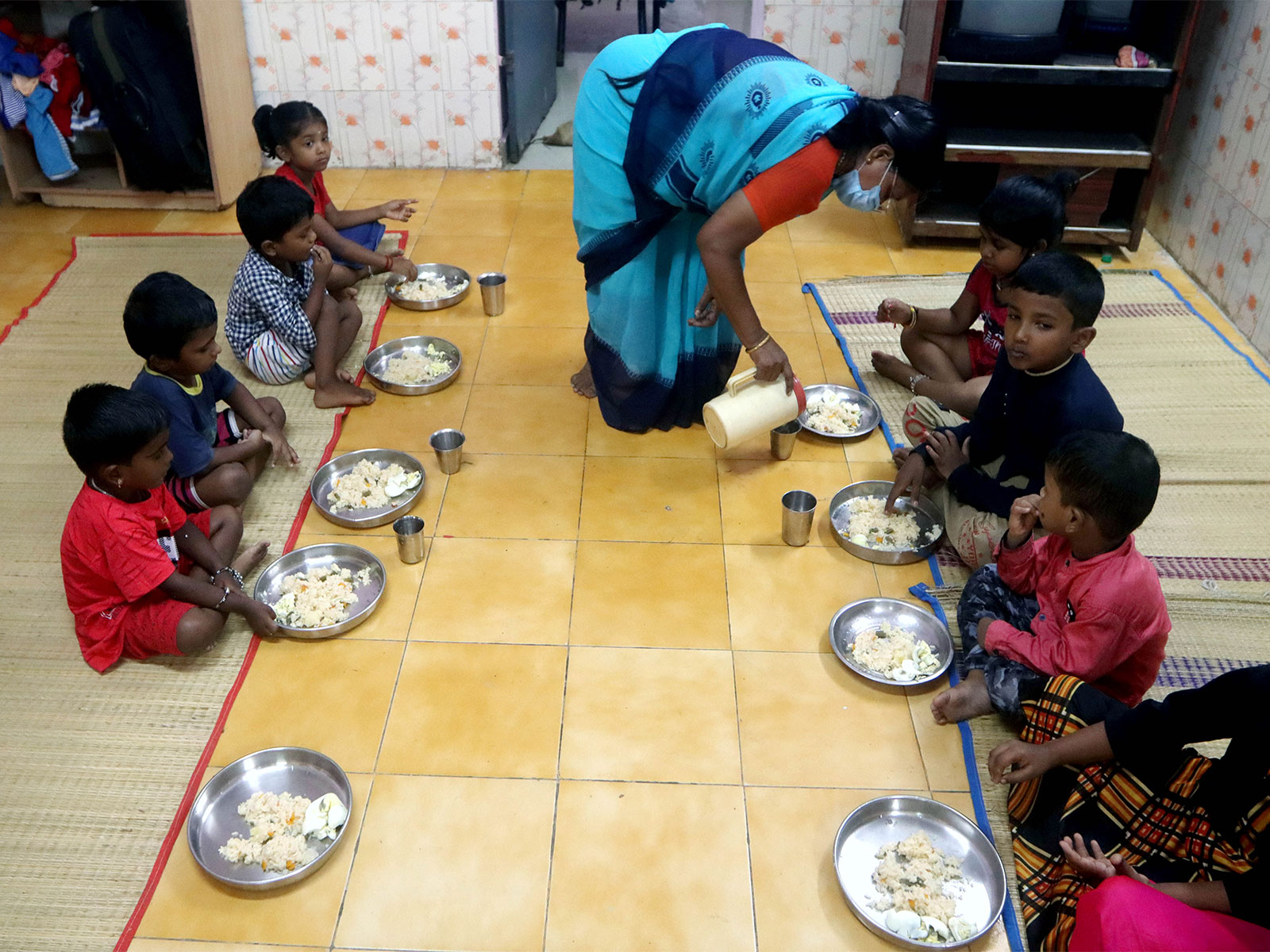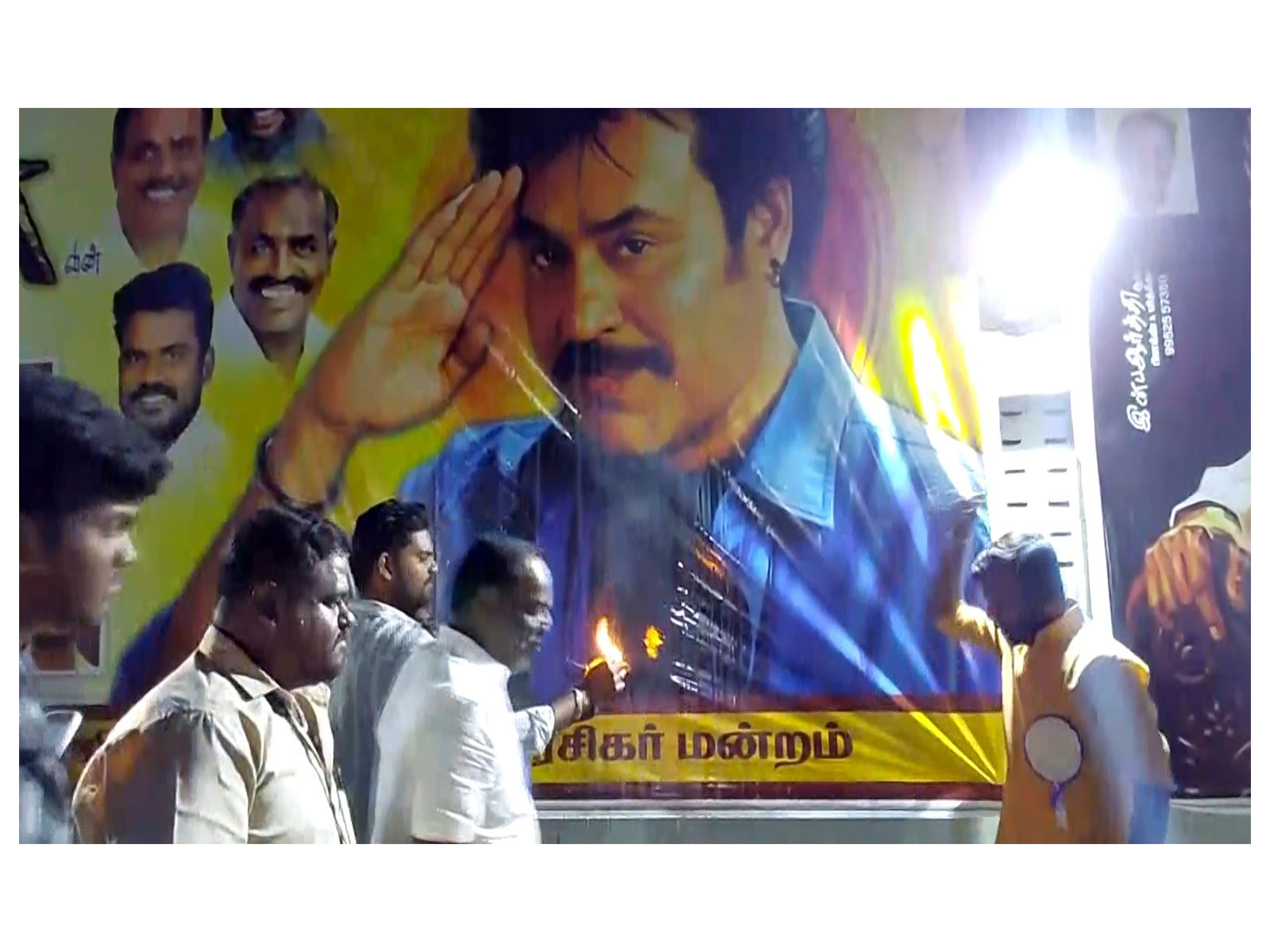Panel examining Marriage Bill seeks three months extension
Jan 19, 2023

New Delhi [India], January 19 : The Standing Committee on Education, Women, Children, Youth and Sports chaired by BJP MP Vivek Thakur has sought an extension of another three months after its term to scrutinise the Prohibition of Child Marriage (Amendment) Bill through its last extension expires on January 24.
The Committee in its meeting today agreed to seek an extension and will request Rajya Sabha Chairman Jagdeep Dhankar to grant the same.
Thakur took over the Committee in October last year after its earlier Dr Vinay Shahastrabuddhe retired.
Since then the panel has had a number of meetings on the Bill and consulted various stakeholders including the Minority Affairs Ministry, it still has a large number of consultations still to do before it can submit its report to parliament.
"The Budget Session will get underway on January 31. During the period of the recess between the first and the second part of the Budget Session like any other panel we will also be discussing Demands For Grants. That will take up a lot of the panel's time. That is the reason we are seeking an extension," a top source from the Committee told ANI.
The Prohibition of Child Marriage (Amendment) Bill was introduced in parliament during the Winter Session of 2021 and was immediately referred for parliamentary scrutiny.
The Prohibition of Child Marriage (Amendment) Bill, 2021', seeks amendment to 'The Prohibition of Child Marriage Act, 2006 (PCMA)' for making the age of marriage equality to 21 years for both males and females, which is presently 21 years for males and 18 years for females and consequential amendments in laws relating to the age of marriage i.e. 'the Indian Christian Marriage Act, 1872'; 'the Parsi Marriage and Divorce Act, 1936'; 'the Muslim Personal Law (Shariat) Application Act, 1937'; 'the Special Marriage Act, 1954'; 'the Hindu Marriage Act, 1955'; and 'the Foreign Marriage Act, 1969'.
Also the laws namely 'the Hindu Minority and Guardianship Act, 1956'; and 'Hindu Adoptions and Maintenance Act, 1956' pertain to this context.
The fundamental rights and directive principles of state policy (particularly the Right to Equality and the Right against Exploitation) under the Constitution of India guarantee gender equality.
The proposed legislation is a strong measure towards the commitment of the government for the same as it will bring women on equal footing with males.
There are imperatives for lowering the Maternal Mortality Rate (MMR), Infant Mortality Rate (IMR) and improvements in nutrition levels as well as an increase in Sex Ratio at Birth (SRB). These are the main reasons for effecting the proposed legislation.



















